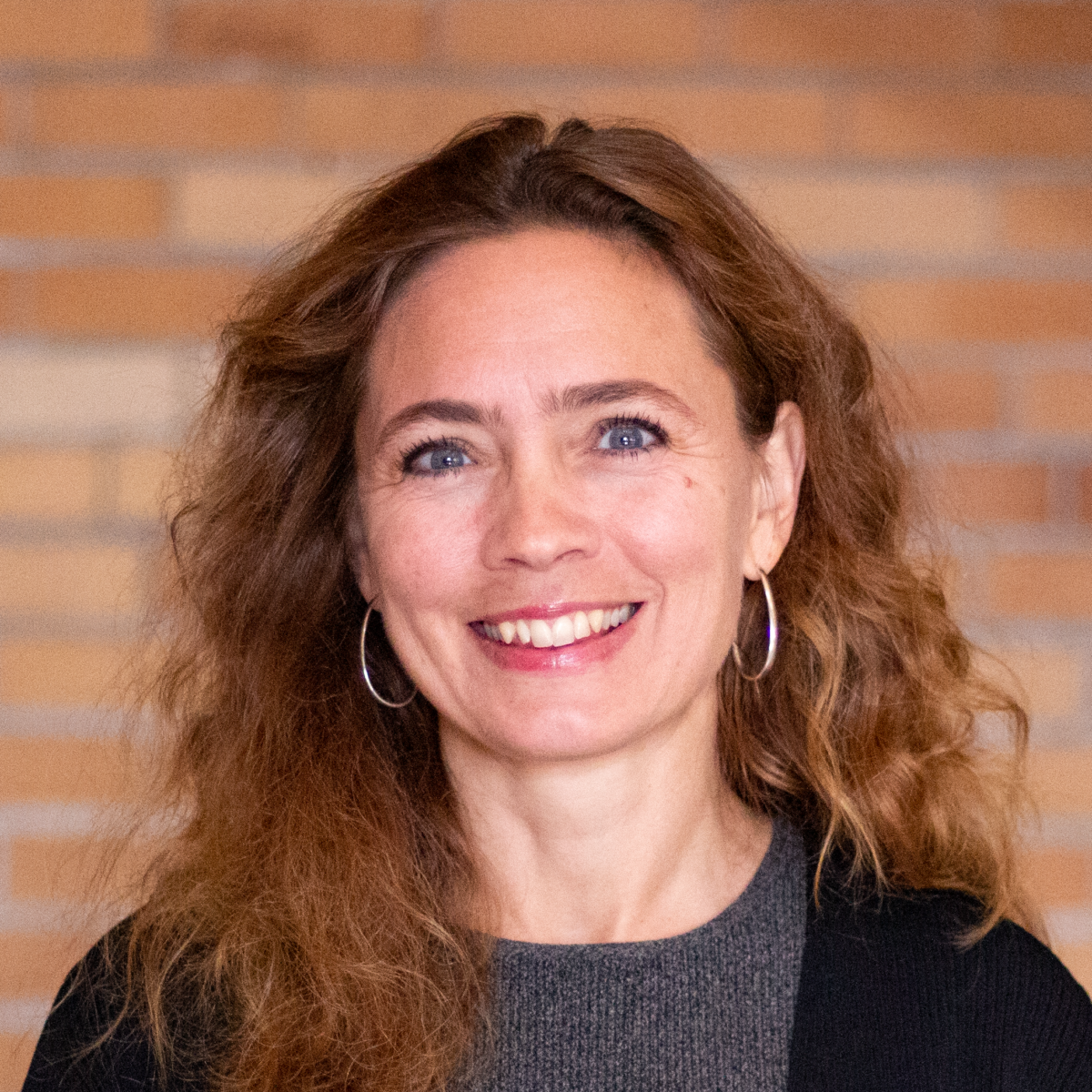ARC 2021 Kristin Persson Abstract and Biography

Abstract
Data-Driven Materials Innovation and Design
Fueled by our abilities to compute materials properties and characteristics orders of magnitude faster than they can be measured and recent advancements in harnessing literature data, we are entering the era of the fourth paradigm of science: data-driven materials design. The Materials Project (www.materialsproject.org) uses supercomputing together with state-of-the-art quantum mechanical theory to compute the properties of all known inorganic materials and beyond, design novel materials and offer the data for free to the community together with online analysis and design algorithms. The current release contains data derived from quantum mechanical calculations for over 130,000 materials and millions of properties. The resource supports a growing community of data-rich materials research, currently supporting over 160,000 registered users and over 2 million data records served each day through the API. The software infrastructure enables thousands of calculations per week – enabling screening and predictions - for both novel solid as well as molecular species with target properties. However, truly accelerating materials innovation also requires rapid synthesis, testing and feedback. The ability to devise data-driven methodologies to guide synthesis efforts is needed as well as rapid interrogation and recording of results – including ‘non-successful’ ones. In this talk, I will highlight some of our ongoing work, including new materials development, synthesis and characterization and associated machine learning algorithmic tools and data-driven approaches.
Biography
Kristin Persson, PhD, is a faculty staff scientist at Lawrence Berkeley National Laboratory and professor of Materials Science and Engineering at University of California, Berkeley. She directs the Materials Project, a multi-institution, multi-national effort to compute the properties of all inorganic materials and provide the data and associated analysis algorithms to researchers free of charge. The ultimate goal of the initiative is to drastically reduce the time needed to invent new materials by focusing costly and time-consuming experiments on compounds that show the most promise computationally. The Persson group uses expertise in materials informatics and the high-throughput infrastructure of the Materials Project to design novel photocatalysts, multi-valent battery electrode materials, piezoelectrics, Li-ion battery electrode materials and electrolytes for beyond-Li energy storage solutions.
Her previous work includes understanding the properties of Li-graphene, phase transformations in the high-voltage Ni-Mn spinel, the intercalation mechanism in the Li excess materials, novel oxide photocatalysts, novel multi-valent cathodes and the correlation between solvation structure and electrolyte performance in multi-valent electrolytes.

